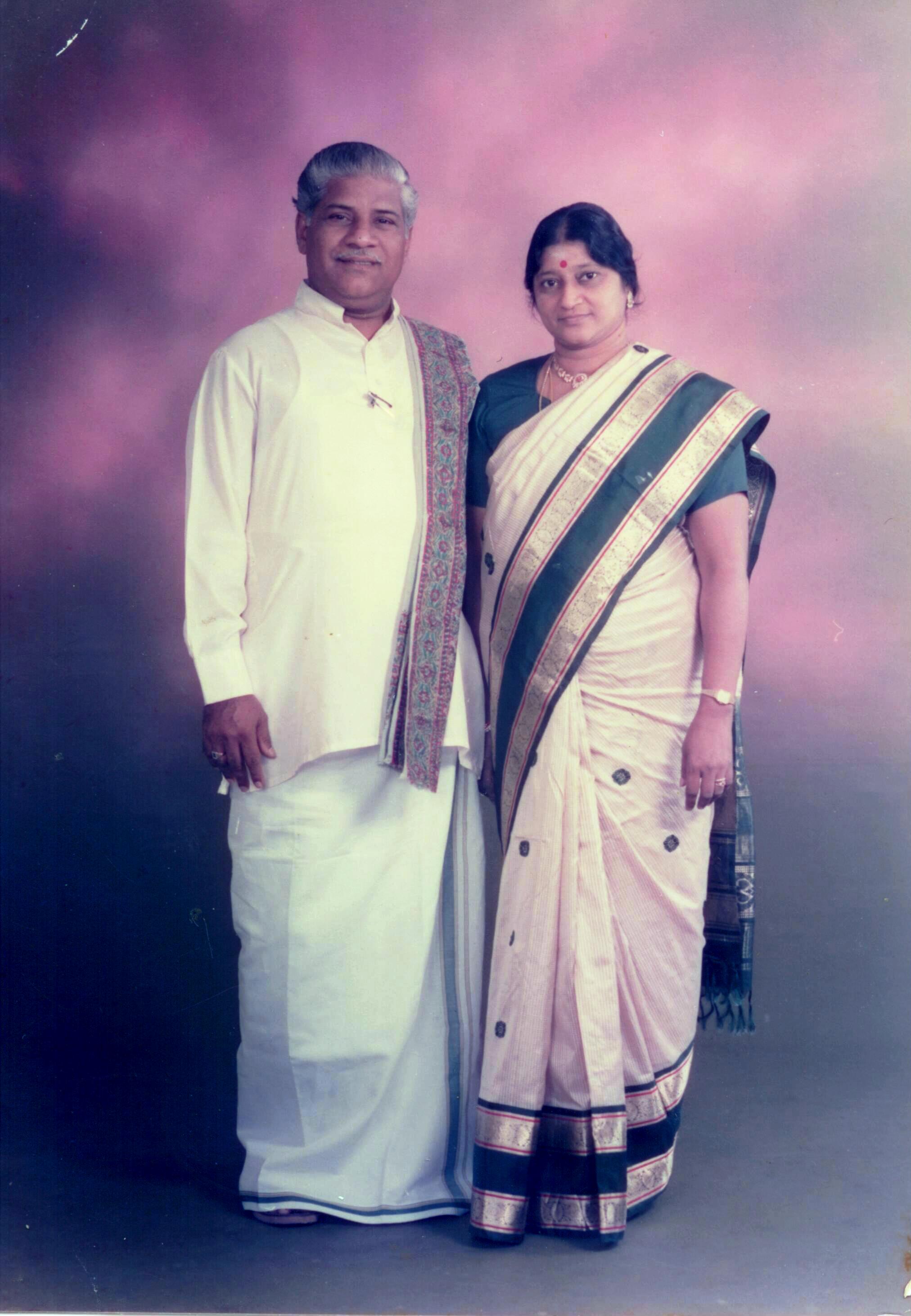
Malaysia lies at the heart of Southeast Asia, lying just above the equator, a tropical landmass that lies at a strategic maritime route. Malaysia comprises the Malay Peninsula – West Malaysia and East Malaysia on the north of the island of Borneo. At one time or another, all the seafaring people of the Indo-Pacific world, from Mombasa to the trading ports of Japan, were on its shores. For thousands of years, the Malay peninsula was and still is the melting pot of people exchanging ideas, religions, and goods. In the recent millennium, Kedah, Kelang, Malacca, and Johor rose to become essential emporiums of what is now called the Great Monsoon Marketplace – the maritime version of the Silk Road.
In the Malay Archipelago, the impact of Hinduism, Buddhism, Islam, and European Christianity still reverberates. Among the earliest religious, cultural, and political impacts in Southeast Asia came from India. Buddhist Srivijaya Empire ruled the region from Sumatra (Indonesia) from the 7th to the 12th century. The Tamil Emperor Rajendra I of the Chola dynasty ruled the region briefly in the 11th century. Tamil traders introduced the Kavi script, a derivative of Brahmi, to this region. Islam arrived in the 15th century. Portuguese and the Dutch arrived in the 16th and 17th centuries to establish trading forts.
The British arrived in the 19th century and established a system of government and indirect rule over the Malayan peninsula and Singapore. During this period of intense economic development, Tamilar from the then Madras Presidency of India were shipped here, first as penal re-settlers and later as indentured laborers. They were singled out for work, particularly in the expanding rubber plantations and the construction and management of roads and railways. A significant minority of Tamilar came as free traders, middle-level managers, and artisans. Indians from other parts of India and the British Empire, namely Sri Lanka, South Africa, and Burma, too migrated to the peninsula.
The concept of Malaysia (that included Singapore) was borne to gain independence from the British by the three major ethnic groups, the Malays, the Chinese, and the Tamilar, agreeing to co-operate politically. Malaysia declared independence in 1957. However, Singapore declared sovereignty in 1965 and adopted Tamil as one of its national languages, along with English, Chinese, and Malay. Although the Tamilar migration tapered off in the 1940s, Malaysia is home to the third-largest Tamilar community outside Tamilnadu, 1.8 million. In the 1980s, many fleeing Sri Lankan Tamilar found refuge in Malaysia.
In Malaysia, children continue to study in their vernacular language, and much of the customs and culture continue to thrive. Hindu temples dot the landscape. Tamil schools have been around since 1905, and the local Tamil press since 1920. The Tamilar Day (தமிழர் திருநாள், Tamilar Thirunaal), a celebration since 1952, is unique to Malaysia and Singapore. The first Global Tamil Conference (உலகத் தமிழ் மாநாடு) was organized and held in Kuala Lumpur in 1966 that continues to today. The University of Malaya houses the most extensive Tamil language library east of Tamilnadu. The Malaysian Tamilar Diaspora has contributed to protecting the language, culture, customs, and the success of their new home. We owe to the future generation to preserve this extraordinary history.
Our goal is to raise a minimum of one million dollars to support a robust Malaysian Tamilar Diaspora Studies program to appreciate, support, and expand cultural awareness of the significance of the Tamilar in the Malaysian community. This program will use the annual spendable earnings from the Endowment to advance the School’s academic mission by supporting programmatic and educational endeavors related to the study of Malaysian Tamilar Diaspora history, culture, and customs, including scholarships for students pursuing research on the Malaysian Tamilar Diaspora; the hiring of faculty and instructors to develop and teach the curriculum; student and faculty research and travel; and costs associated with hosting lectures and conferences.
Support the Tamilkuyilar-Rugmani Family Endowment for Malaysian Tamilar Diaspora Studies by donating below: